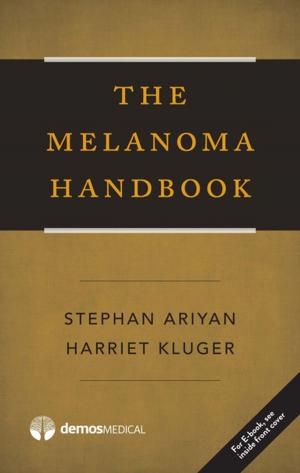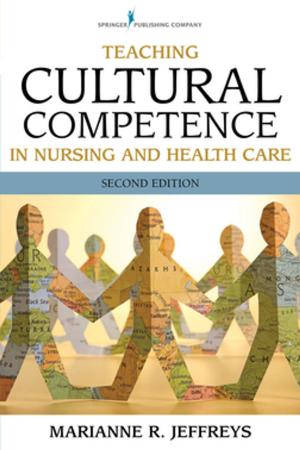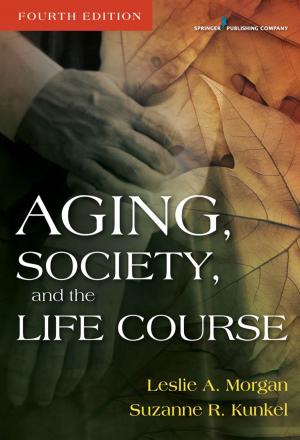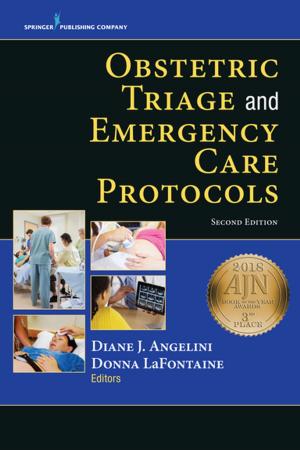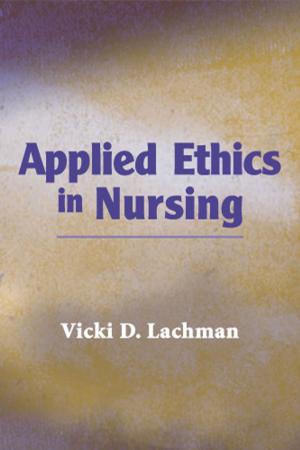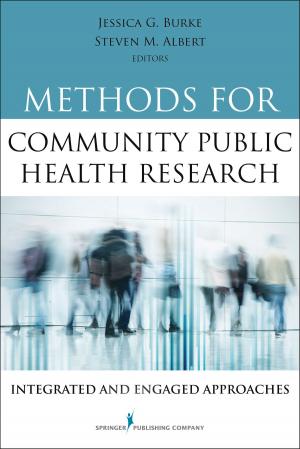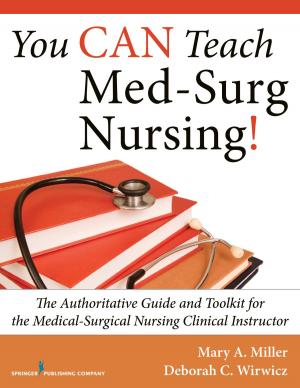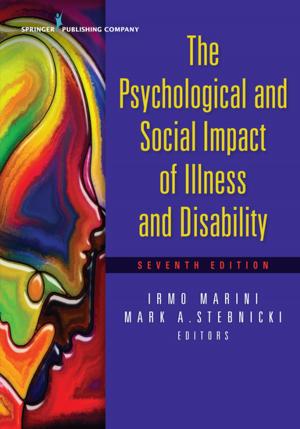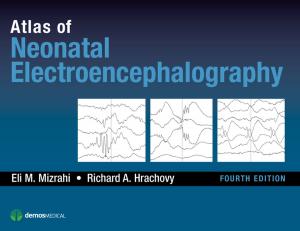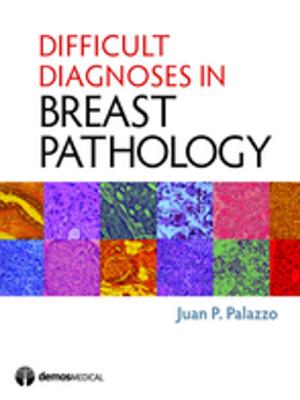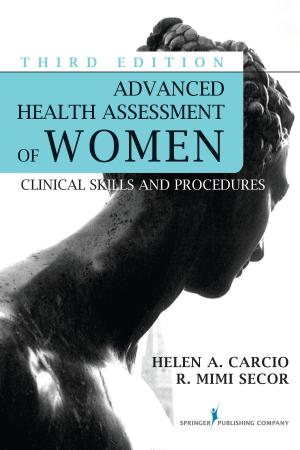The Guide to Assisting Students With Disabilities
Equal Access in Health Science and Professional Education
Nonfiction, Reference & Language, Law, Disability, Social & Cultural Studies, Social Science| Author: | Dr. Lisa M. Meeks, PhD, Neera R. Jain, MS, CRC | ISBN: | 9780826123794 |
| Publisher: | Springer Publishing Company | Publication: | August 13, 2015 |
| Imprint: | Springer Publishing Company | Language: | English |
| Author: | Dr. Lisa M. Meeks, PhD, Neera R. Jain, MS, CRC |
| ISBN: | 9780826123794 |
| Publisher: | Springer Publishing Company |
| Publication: | August 13, 2015 |
| Imprint: | Springer Publishing Company |
| Language: | English |
Describes how to meet the needs of health science students with disabilities
Students with disabilities studying health sciences face unique challenges within their educational environments that require distinct accommodations. This manual is a vital resource for administrators and faculty in health science programs that describes how to create accommodations that meet the needs of students with disabilities in academic health science settings. Grounded in federal disability law, case law, and Office for Civil Rights (OCR) determinations, this highly practical manual is written by experienced disability service providers from some of the most prestigious health science schools in the country. In a clear, well-organized format, they bring their expertise to bear on all aspects of disability and disability law in the health science setting. Citing legal cases and real life scenarios, the manual describes best practices for good decision-making, how to avoid problems by implementing strong accessibility-focused policies, and how to resolve problems in difficult cases, with a focus on providing effective services for students while protecting the institution from potential liability.
Each chapter is replete with illustrative examples, including tips for creative accommodations, advice for troubleshooting, and specific guidance for working with students with all types of disabilities. The book describes the process for determining disability accommodations and provides examples of typical accommodations in didactic as well as clinical and laboratory settings. Tools provided in the text include sample letters and procedures, lists of nationwide professional resources, flowcharts, graphs and worksheets to assist disability service providers with determining and implementing appropriate student accommodations. Additionally, it discusses myths about disability, the importance of professional communication around disability, and how to encourage a culture of disability acceptance within schools. With its concrete framework, this book will help disability service and administrative professionals move away from a mode of ìputting out firesî and toward establishing a welcoming environment where students feel safe to disclose their disabilities early and seek the support and accommodations needed to facilitate equal access.
Key Features:
- Addresses all aspects of disability and disability law for students in the health science setting
- Includes clearly written Doís and Doníts
- Presents examples of accommodations that are appropriate in the classroom, clinic, and laboratory
- Provides easy to follow flowcharts and worksheets
- Includes resources for students and legal case examples throughout
Describes how to meet the needs of health science students with disabilities
Students with disabilities studying health sciences face unique challenges within their educational environments that require distinct accommodations. This manual is a vital resource for administrators and faculty in health science programs that describes how to create accommodations that meet the needs of students with disabilities in academic health science settings. Grounded in federal disability law, case law, and Office for Civil Rights (OCR) determinations, this highly practical manual is written by experienced disability service providers from some of the most prestigious health science schools in the country. In a clear, well-organized format, they bring their expertise to bear on all aspects of disability and disability law in the health science setting. Citing legal cases and real life scenarios, the manual describes best practices for good decision-making, how to avoid problems by implementing strong accessibility-focused policies, and how to resolve problems in difficult cases, with a focus on providing effective services for students while protecting the institution from potential liability.
Each chapter is replete with illustrative examples, including tips for creative accommodations, advice for troubleshooting, and specific guidance for working with students with all types of disabilities. The book describes the process for determining disability accommodations and provides examples of typical accommodations in didactic as well as clinical and laboratory settings. Tools provided in the text include sample letters and procedures, lists of nationwide professional resources, flowcharts, graphs and worksheets to assist disability service providers with determining and implementing appropriate student accommodations. Additionally, it discusses myths about disability, the importance of professional communication around disability, and how to encourage a culture of disability acceptance within schools. With its concrete framework, this book will help disability service and administrative professionals move away from a mode of ìputting out firesî and toward establishing a welcoming environment where students feel safe to disclose their disabilities early and seek the support and accommodations needed to facilitate equal access.
Key Features:
- Addresses all aspects of disability and disability law for students in the health science setting
- Includes clearly written Doís and Doníts
- Presents examples of accommodations that are appropriate in the classroom, clinic, and laboratory
- Provides easy to follow flowcharts and worksheets
- Includes resources for students and legal case examples throughout

